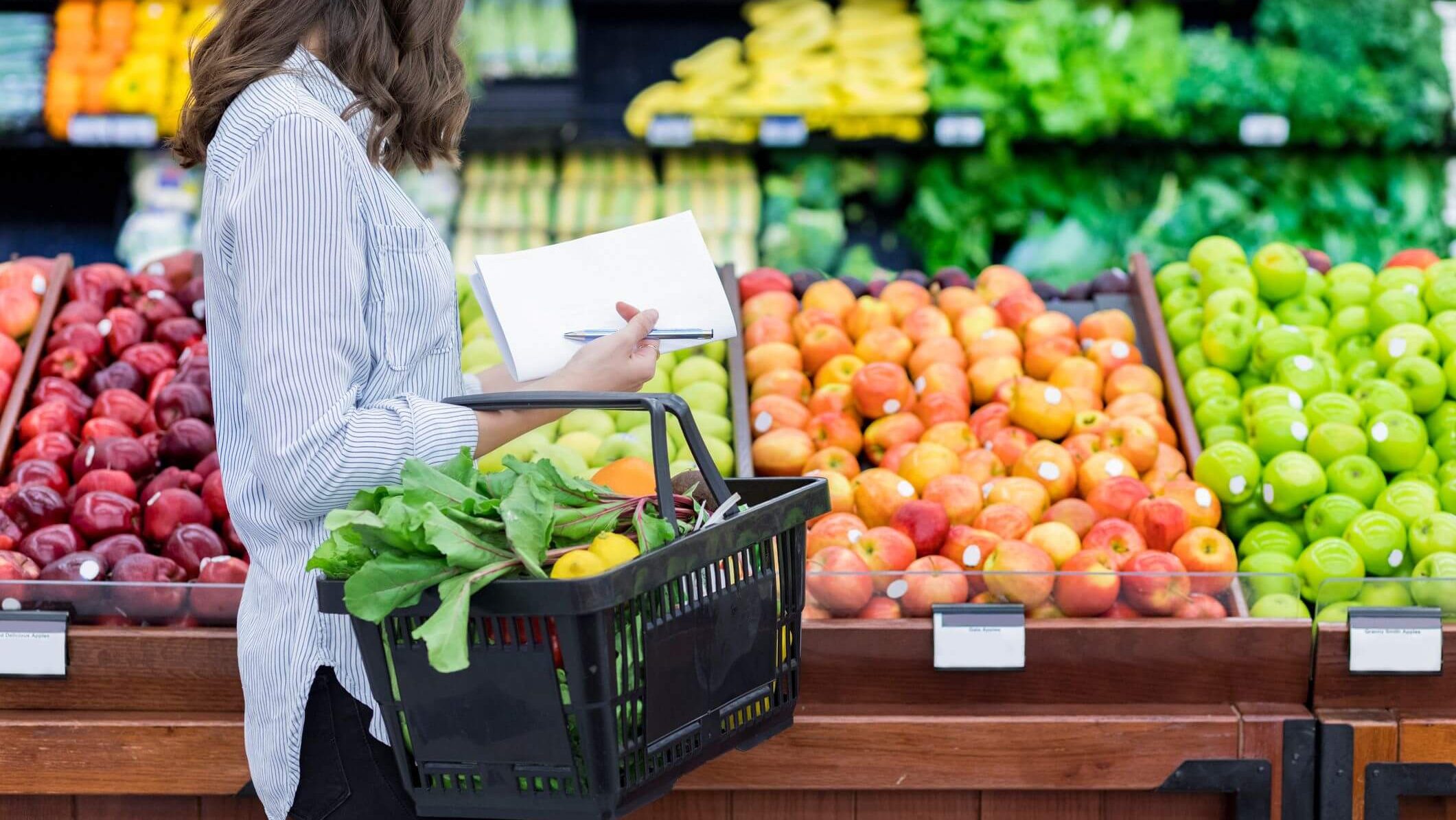
How to Shop Smarter, Save Money, & Eat Better
For those of us that do not have the luxury of harvesting our own food, the first step in getting food to the table is often going to the grocery store. For this reason, it only makes sense that the grocery store is the first place that we can start to reduce food waste. When you are more intentional about the food that you are buying, you will save money and waste less food at home. The following article will offer a few tips to get you started in the process of helping you shop smarter!
Tip 1: Have an idea of the meals that you plan on cooking with these groceries
Instead of rushing to the grocery store after work or as a last-minute errand, think ahead about the meals that you want to have that week, and pick the ingredients that you buy based on this list. Make sure that you shop your own fridge and pantry first, so that you know exactly what you do and do not need- this will help you to avoid getting duplicates that will go to waste. Planning your grocery list around certain planned meals will help you to avoid spending money on food that will go to waste.
Tip 2: Make a list and stick to it
“By simply making a list with weekly meals in mind, you can save money and time and eat healthier food. If you buy no more than what you expect to use, you will be more likely to keep it fresh and use it all.” –EPA.gov
After you have planned out your meals for the week, make a list of the ingredients that you will need, while keeping in mind the items that you already have at home. When you make this list, it is helpful to include the quantity of the items as well so that you only buy what is necessary. Be mindful of how many people that you are cooking for as well. For example, “onions x2 for soup and tacos” is better than “onion.” Click here to use a dinner party calculator and help you plan how much food you really need. It is easy to get carried away at the grocery store, especially if there are tempting deals going on- but remember, even if you buy 5 onions for a lower price, if those onions go to waste, you are still losing money.
Tip 3: Use a printable table/shopping app to keep track of what you need
If you find that you always struggle with remembering everything that you need when making your grocery list, consider downloading a shopping app or using a printable pdf so that you can keep track of the items that you need as you run out of them. Using a mobile app like AnyList will help you to customize your shopping list by suggesting frequently used items and allowing you to even share your list with other people for a stress-free shopping experience. If a paper list is more your style, put one of these printable pdf lists on your fridge to help you keep track of what you need:
Tip 4: Shop with an awareness of your lifestyle
I know that whenever I shop, I have a tendency to be very optimistic about my eating habits for the week. Instead of buying food that will force you to eat outside of your habits, be realistic about your lifestyle and shop accordingly. If you know that you usually eat out twice a week, do not shop for meals that you will have to cook at home every day. If you do not like bananas but usually buy them with the idea that you will eat them for the health benefits, avoid buying them because they will likely go to waste before getting eaten. There are plenty of ways to improve your dietary habits, but buying food at the grocery store that you will not eat is not the answer.

